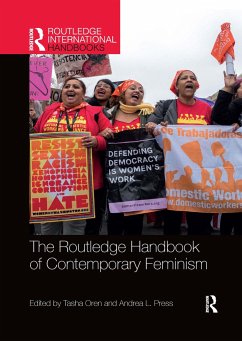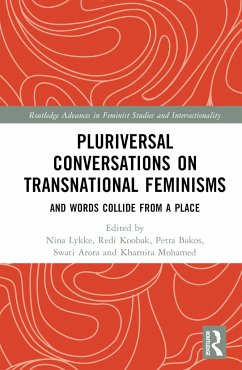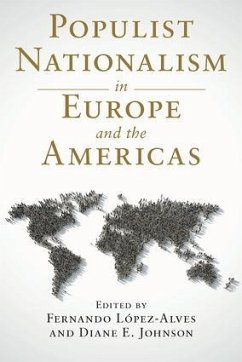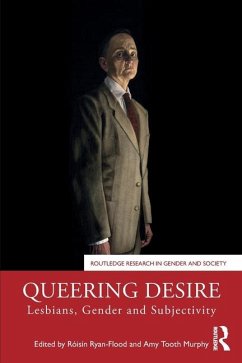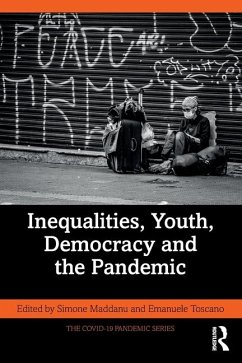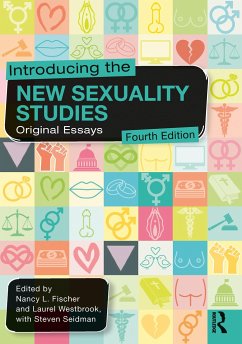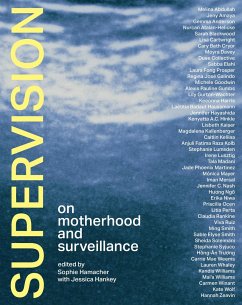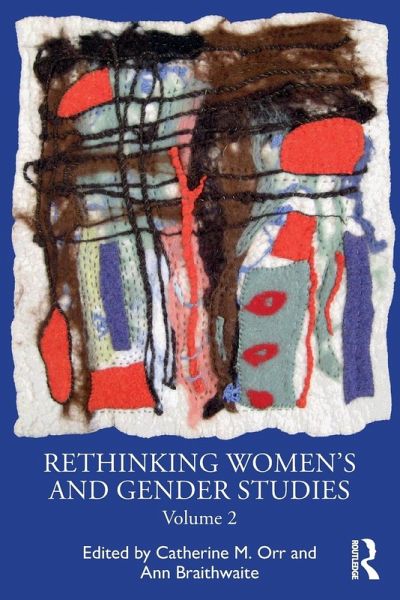
Rethinking Women's and Gender Studies Volume 2
Versandkostenfrei!
Versandfertig in 6-10 Tagen
42,99 €
inkl. MwSt.

PAYBACK Punkte
21 °P sammeln!
The second volume of Rethinking Women's and Gender Studies addresses the complexities and inherent paradoxes within the expansive knowledge project known as Women's and Gender Studies for audiences both inside and adjacent to the field. Each of the volume's chapters identifies and critically examines a key term that circulates in this field, exploring how the term has come to be understood and mobilized within its everyday narratives and practices.In constructing provocative genealogies for their terms, authors explicate the roles that this language, and the narratives attached to it, play in ...
The second volume of Rethinking Women's and Gender Studies addresses the complexities and inherent paradoxes within the expansive knowledge project known as Women's and Gender Studies for audiences both inside and adjacent to the field. Each of the volume's chapters identifies and critically examines a key term that circulates in this field, exploring how the term has come to be understood and mobilized within its everyday narratives and practices.
In constructing provocative genealogies for their terms, authors explicate the roles that this language, and the narratives attached to it, play in producing and limiting possible versions of the field. The ongoing aim of Rethinking Women's and Gender Studies, both in the original volume and this entirely new extension, is to trace and expose important paradoxes, ironies, and contradictions embedded in the field - from its high theory to its casual conversations - that rely on these terms. Forging collective conversation andintellectual community from its thoughtful and critical lines of inquiry, the second volume of Rethinking Women's and Gender Studies remains bracingly original and full of fresh insight. It provides a perfect complement for Feminist Theory, Senior Capstone, and introductory graduate-level courses offered in Women's and Gender Studies and related fields.
In constructing provocative genealogies for their terms, authors explicate the roles that this language, and the narratives attached to it, play in producing and limiting possible versions of the field. The ongoing aim of Rethinking Women's and Gender Studies, both in the original volume and this entirely new extension, is to trace and expose important paradoxes, ironies, and contradictions embedded in the field - from its high theory to its casual conversations - that rely on these terms. Forging collective conversation andintellectual community from its thoughtful and critical lines of inquiry, the second volume of Rethinking Women's and Gender Studies remains bracingly original and full of fresh insight. It provides a perfect complement for Feminist Theory, Senior Capstone, and introductory graduate-level courses offered in Women's and Gender Studies and related fields.





